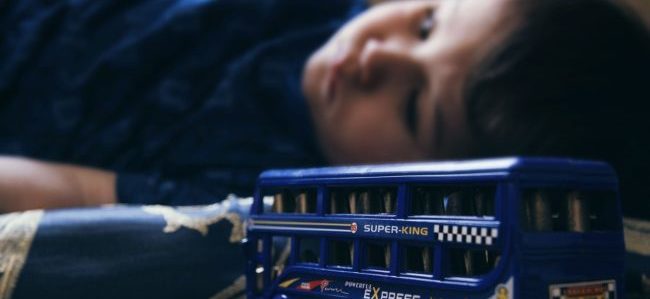
The lockdown situation facing many communities can do more than drive you and your family stir crazy. It may have a lasting effect on your anxious child’s state of mind. A recent study found that socially isolated, lonely children may be at a higher risk of increased anxiety and depression even once the lockdown is over.
About the Study
The research, which appeared in “Journal of the American Academy of Child and Adolescent Psychiatry,” looked at more than 60 existing studies regarding isolation, loneliness and similar mental health issues for young people aged 4 to 21. The results indicated:
- Children and young adults who experienced loneliness are up to three times more likely to develop depression
- The duration of the loneliness may have a bigger impact on depression rates than the intensity of the loneliness
- The impact of loneliness can last for nine years or more
Possible Signs of Depression
Although the signs of depression may not be immediately apparent in your anxious child, being aware of them can be helpful down the road. Anxious children, and all children, may experience sadness from time to time. It may have crossed the line into depression when it’s accompanied by:
- Ongoing feelings of hopelessness, irritability and sadness
- Inability to stay focused or pay attention
- Changes in eating and sleeping patterns, with a lot more or a lot less of either one
- Feeling sluggish, restless and tense a large part of the time
- Decreased interest in engaging in fun activities
- Feelings of guilt, uselessness or worthlessness
- Self-destructive behaviors, including self-injury
What You Can Do
Paying attention to your anxious child’s moods and behaviors is important, as is noting any changes that may indicate depression is a possibility. Giving your child an open forum where they can share their feelings is another way to check in. It’s also an ideal way to help your child release emotions that may be building up.
You can also encourage healthy habits that can contribute to the management of anxiety and depression. These habits can be adopted by your anxious child, as well as your entire household. They include:
Healthy eating: Choose snacks and meals that include things like fruits, vegetables, lean protein, seeds, nuts and whole grains.
Daily activity: Get some type of exercise or engage in a physical activity for at least one hour each day. The activity can be done in one session, or broken up into smaller sessions throughout the day if that’s easier.
Adequate sleep: Everyone needs adequate sleep to function properly. Children need more sleep than adults, with recommendations based on age. It’s recommended that school-age children get 9 to 12 hours per day. Children aged 13 to 18 need 8 to 10 hours per day.
Relaxation and mindfulness techniques: Techniques that keep your anxious child’s attention in the moment and helps them relax are always a wise choice. Read more in The Parents’ Guide to Teaching Mindfulness to Children with Anxiety.
Even if your anxious child shows no signs of depression, incorporating these healthy habits into your household can be a great way to help everyone. This applies during a lockdown, as well as going forward through any circumstances that may arise.
SOURCES:





